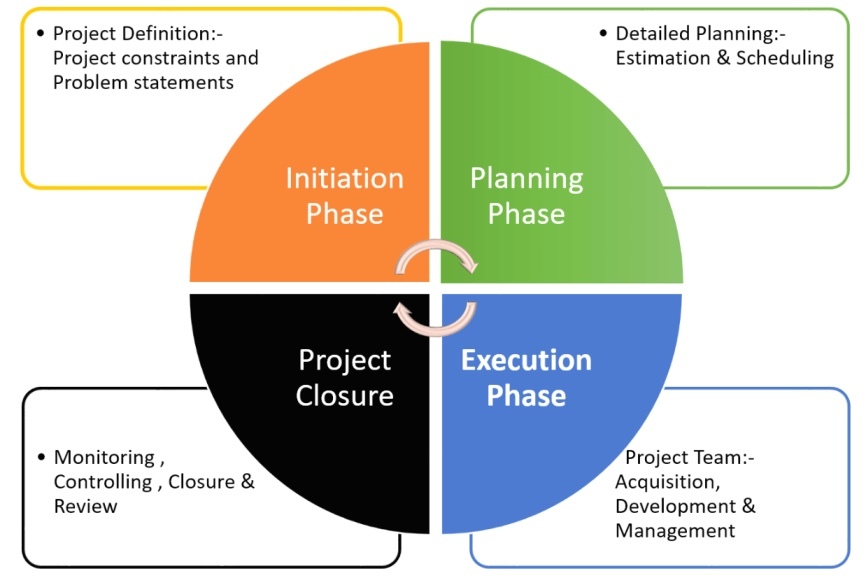Product Management Outsourcing - Pros and Cons
Tech Insights | 21 November 2022
Product Lifecycle Management Stages


Many companies need help to bring new products into the market, and if their organizational knowledge outweighs the technical know-how a third-party could bring. When building a new product, there are a whole host of considerations that a technical-minded product manager is best placed to consider, particularly the scope of what could change. Could your in-house product managers deal with a product that needed extensive AI capability, for example? Where would they start mapping the technical evolution of a product over the next decade?
Many of our clients take an honest look at their product management function. They understand that internal employees lack the technical ability to manage a new, complex product, and hiring new employees could be time-consuming and expensive so companies realize that it might be time to consider outsourcing part of the function – at least until they can provide adequate training or make some new internal hires.
Let’s say you believe that Your internal product management team might be super talented, successful, and organized. But, if you’re outsourcing product development and have no plans to maintain your new product in-house on completion, why make more work for them? Product management requires regular, constructive interaction with the development team – and if you’ve outsourced this to a third-party provider, it can often make sense to outsource product management along with it. This is especially true if you plan to outsource the upkeepand maintenance of your product long-term. If the product will never be an in-house concern, why confuse things?
Whilst product management requires a good deal of collaboration outside of the product development team; you’re actually removing middlemen from the process in this instance – and, by extension, the potential for delays and miscommunication that comes with them. An internal product manager must handle two-way communication between an outsourced product development team and internal functions like sales, customer experience, and marketing. Rather than managing the product to the best of their ability, they risk simply becoming a go-between.
Outsourcing product management to ItOne avoids this issue. An external product manager who interacts daily with the product development team communicates directly with your internal functions. Therefore, there’s no need for the extra step in the middle, and communication is more explicit and faster. A prime example of this could be our work with one of the leading Event companies in India, where we developed an App for them so that they could market their events there. This allowed the company to focus more on content creation than app development. Further information on this project can be found on our case study page.
We at ItOne believe in helping our partners grow and help them reach their goals.
So what do we have to offer?
The Pros
● Access to a broader talent pool: outsourcing connects you to a global network of talent that might not be available in your local area – mainly if you’re based outside major population centers or tech hubs.
● A fresh perspective: ItOne would help your organization to spot issues, risks, and opportunities, which you’re team would have failed to recognize due to working on it daily. Whether it’s a new feature, update, or marketing opportunity, we help you from the idea’s inception to the implementation phase.
● Time savings: ItOne offers you near-instant access to the expertise needed to make your project a success. Hiring, onboarding, and training a team with similar expertise adds an unwelcome chunk of time to product development activities – and could be damaging if your strategy relies on being first to market.
You can further get more information on how we help companies in our blog section. To get
more information on ItOne visit our website.




















